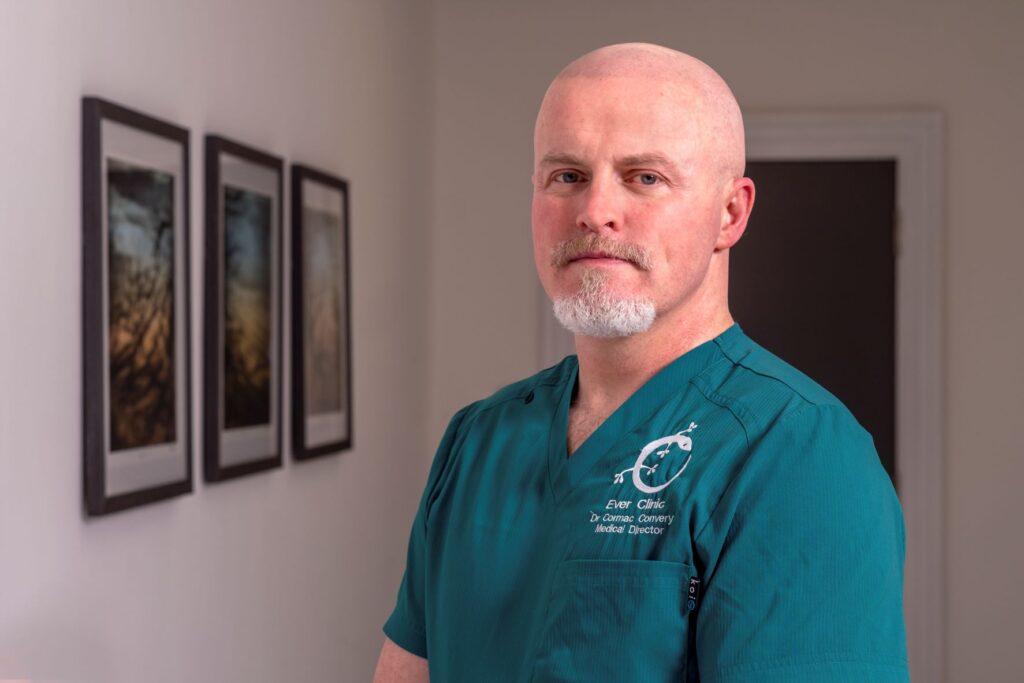The human impact of rogue providers is too great. Professionals agree that regulation of the aesthetics sector must now become a priority
Contrary to popular myth, most people do not approach the medical intervention of aesthetic surgery lightly.
Rather, they are seeking a practical and permanent solution to an issue which has been adversely affecting their lives.
In the overwhelming majority of procedures carried out by sensible, qualified professionals, this is exactly the result which is achieved, and it is no exaggeration to say that patients’ lives are routinely transformed for the better.
However, as in life, occasionally the unexpected can happen and something can go wrong during or after a treatment, leaving a vulnerable and distraught patient and a bewildered doctor seeking to rapidly rectify the situation.

This is why responsible medical professionals in the field are so willing not only to educate and support practitioners in the sensitive area of complication avoidance and management but to provide real-time expertise, advice and guidance to colleagues.
After several years of contributing to a worldwide group providing support in aesthetic complications, I became a founding member, and now board member, of the not-for-profit Complications in Medical Aesthetics Collaborative (CMAC), which was established in 2020 to maximise safety in clinical practice.
CMAC, which now has a wide range of international experts on board, is focused on avoiding complications in the first place and, while it accepts that all interventions come with inherent risk, it wants to educate and guide to accurately assess that risk.
Thus, the likelihood of a complication arising is steadily reduced when professionals are all pulling in the same direction of patient safety, and the guidelines CMAC has produced provide a template for continually improved treatment outcomes.
It remains of concern, however, that not all people seeking aesthetic improvement turn in the first instance to properly qualified practitioners.
Prospective patients understandably would like to minimise costs and, as in every sphere of human activity, there are charlatans out there who seek to exploit this impulse.
It may come as a shock that Botox, though it is a prescription drug, can be bought freely on sites such as eBay without the slightest medical justification.
The results of this laxity can be quite horrific on a physical and personal level.
I had to intervene in the cases of nine different ladies who had been injected with Botox by a person who was presenting as a qualified nurse, but who was no such thing.
They all suffered infections in their face. One was permanently disfigured and another is still undergoing care.
That unqualified people – some working from their homes or back street offices, with no training – should be allowed to operate in such a delicate and sensitive area is an ongoing disgrace.
Why should it be that only doctors, dentists and nurses are regulated, while people who can only be described as impostors are able to take unacceptable risks, put patients in jeopardy and walk away from their responsibility when something goes wrong?
What is equally disturbing is that people who find themselves in the unfortunate position of facing post-treatment complications can expect little help – and very little sympathy – from the NHS.
As a general rule, the national health service refuses to become involved in such personal tragedies.
The view appears to be that, since the original treatment was carried out privately, as far as they are concerned it is simply misadventure.
In part, it is true that there is minimal complication management expertise in the NHS, but it is hard not to feel that they simply don’t want to be involved.
The attitude is: we didn’t cause the problem, so we’re not going to fix it. However, that argument is immediately set aside in the case of, say, a motorcycle injury.
It is reassuring that medical and other professionals in the aesthetics field are working collectively and collaboratively to support people suffering as a result of the mistakes of unqualified providers and the indifference of the NHS.
While people with no training in anatomy, no understanding of pharmacology and little regard for basic medical disciplines can continue to trade with impunity, the services of organisations such as CMAC will continue to be of vital importance.
But regulation and protection of title must now become a priority for professionals. Before more innocent people are damaged.
